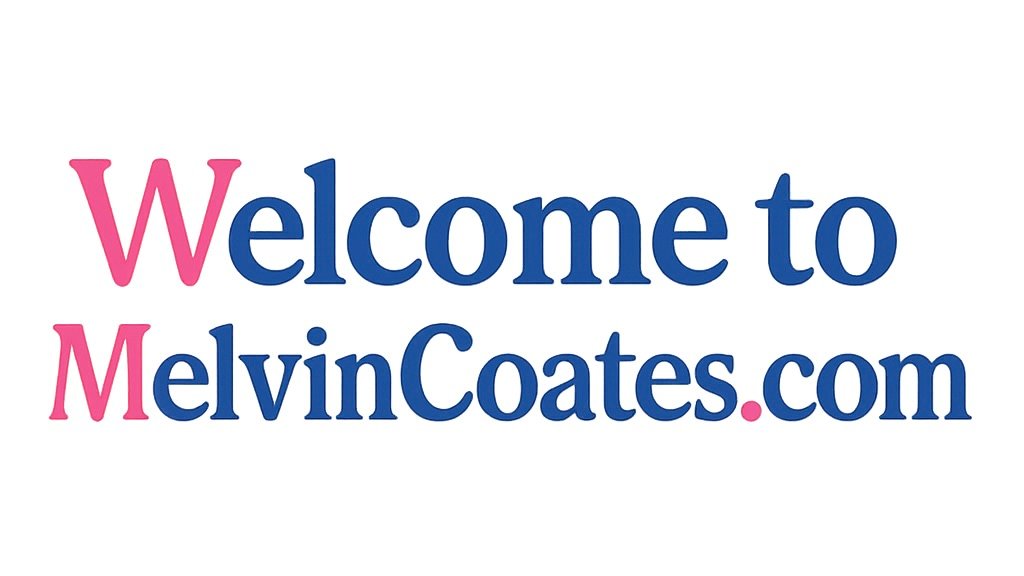AI ‘Actor’ Tilly Norwood: A Star No One Asked For
There’s a buzz making its way through Hollywood, and surprisingly, it’s not about a fresh-faced actor breaking into the scene from a small town. No, this buzz is about Tilly Norwood—a digital creation, an AI “actor” that’s got talent agents, studios, and now America wondering if this is the future of storytelling.
From where I sit, this future looks bleak. Because when the emotion isn’t real, neither is the art.
The Line Between Innovation and Loss
It’s no secret that technology has changed the way we live, learn, and create. As a veteran, I’ve seen how innovation can save lives. From battlefield gear to virtual mental health sessions, I’m not against progress. But we have to ask ourselves: at what cost?
The creators of Tilly Norwood, a so-called cutting-edge AI performer, boast about how “she never misses a line, never gets tired, and can adapt to any role across time and space.” Sounds impressive—on paper. But what it really tells me is that Hollywood sees actors not as people, but as problems to solve and expenses to trim.
Let’s be honest. This isn’t about storytelling or artistic breakthrough—it’s about money. It’s about control. It’s about owning a face and personality that will never unionize, never demand fair pay, and never age out of a demographic. It’s the corporate fantasy come true: labor without the laborer.
The Craft Requires Humanity
You can feed AI every Oscar-winning performance in history and still won’t generate the raw magic of Viola Davis wrecking your heart in “Fences.” That’s because acting isn’t just about expression—it’s about lived experience.
What shapes a real artist isn’t just their training. It’s the pain they’ve processed, the loss they’ve endured, and the love they’ve known. You can’t program trauma. You can’t code compassion. And you definitely can’t simulate the kind of soul that reaches through a screen and reminds you of your own.
Having stood in rooms full of veterans struggling to explain their battles to mental health professionals, I know something about performance. We don’t need perfect delivery. We need truth.
The Slippery Slope of Artificial Creativity
Today it’s Tilly Norwood starring in a glossy drama. Tomorrow, it’s AI poets, AI singers, AI dancers—all of them fed off the scraped content of real people. Artists who weren’t asked for permission. Creators who won’t receive a dime. Voices who no longer get to speak for themselves because a machine did it faster.
Don’t just shrug this off. If you’re a working-class actor grinding through auditions, if you’re an indie filmmaker trying to fund a story with heart, or if you’re just a movie lover who cherishes the awkward, imperfect, realness of human performance—this matters.
We’re standing at a crossroads. Either we double down on humanity in our art, or we replace it with simulations designed to manipulate us.
What Does This Mean for Equity in the Industry?
It took decades—hell, generations—for artists of color, disabled performers, older women, and countless others to be seen and heard in Hollywood. We’re just now seeing fuller representation on screen.
AI threatens to roll that back in one swift algorithm. The gatekeepers can now create representation without actually including any of us. They can tick diversity boxes by designing avatars without giving real people real opportunities. That’s not inclusion. That’s erasure dressed in pixels.
Final Thoughts: We Deserve Real
We are more than the sum of our programming. Art is messy. Art is human. When we start trading that for speed, convenience, and control, what we get back are hollow stories that hit the mark but miss the feeling.
So here’s my message to studios and talent agencies falling in love with AI “actors” like Tilly Norwood: We’re watching you. And we’re not impressed.
And to anyone reading this who feels the grind, the fight, the heart poured into real creative work—keep going. Your voice can’t be replaced. Your story can’t be cloned.
Real will always outshine artificial in the end. As long as we keep showing up, keep telling our truths, and keep demanding better—humanity still has a role in this cast.
—
If this struck a chord with you, leave your thoughts below. We’ve got to speak up before our stories are rewritten without us.
